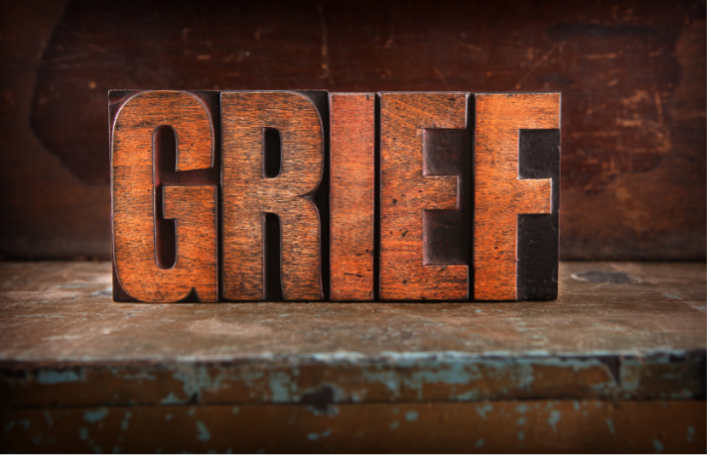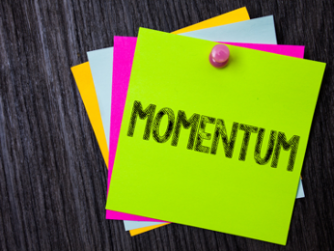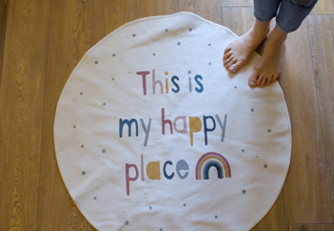This is a collaboration blog by Erika Del Sordo and Meredith Kimmel, ACC. This blog can also be found at www.MeredithKimmel.com
Grief is often thought to be the most powerful emotion that a person can experience. There are so many components to grief and stages to go through. Grief is often misunderstood. It occurs as a reaction to the loss of something, and it is most commonly associated with death, but it encompasses all losses. Bereavement is actually the emotion associated with a death.
Grief is something we humans do not process very well, and we should because unprocessed grief can fester and eventually cause us to make impulsive or rash decisions. These decisions can later cause us more harm than good.
Grief is hard for us because our human nature wants us to have a happy ending like a Disney movie, but grief really never goes away, it is just dealt with and sometimes it is a daily struggle.
The pandemic has caused a lot of us to feel grief and has moved us into an emotional zone that we may not be comfortable with.
Podcast host, Erika Del Sordo explains what she has heard about grief from her guests:
Grief really does come in many forms for many people. I’ve had guests talk about grief from work, or loss of work. I’ve also had people on my show who had COVID in 2020 and their grief was of struggling with the illness and maintaining family life. But grief is most common when referred to the passing of a loved one.
Recently my mom’s dog passed away and she is still very sad. She’ll never get over the loss of her companion. None of us does. Now – as significant as that life event is for her, several weeks ago something happened in Miami that took grief to a whole new level.
In Surfside, Florida a 12-story condominium building collapsed, leaving hundreds of people unaccounted for. Families and friends have been frantic. They are living with this grief of the unknown. What happened to their loved ones?
Thing is, they’re also grieving for their loved ones who they may never see again.
Grief comes in different forms. There is no lesser form of grief. I feel we should respect everyone’s grief in every form. The magnitude of some grief IS larger than others, but NOT more important.

The pandemic caused grief.
The pandemic manifested grief in so many different ways for us. Some of us lost loved ones. Jobs were lost. Homes were lost. We lost our routine. We may have lost our sense of security. Meredith had many clients initially concerned about working from home, and now they are concerned about going back to the office because they really like their work from home routines.
As we move forward towards emerging from the pandemic, we must remember that although grief is one of the most powerful emotions we can experience as a human, we are resilient. We can bounce back. Even better, we can bounce forward. We can take our experiences and decide if we want to keep them or change them. We oversee our destiny. Therefore, processing grief is so important because we want a destiny that we are proud of and makes us happy.
There is no timeline for grief, no start date or end date. There is no protocol for how to experience grief and there doesn’t need to be. Every person will process grief differently and that is absolutely okay. Sure, life would be a lot easier if there was a manual for how to handle grief, but there isn’t and any way that you process it, is exactly what is right for you. But remember, you do need to deal with your grief, whether you talk with a professional, read self-help books, or look to religion. Make sure your process is comfortable for you.

Erika and Meredith both pray for the victims, families, first responders, and everyone helping in the recovery efforts of the Surfside, Florida building collapse.








